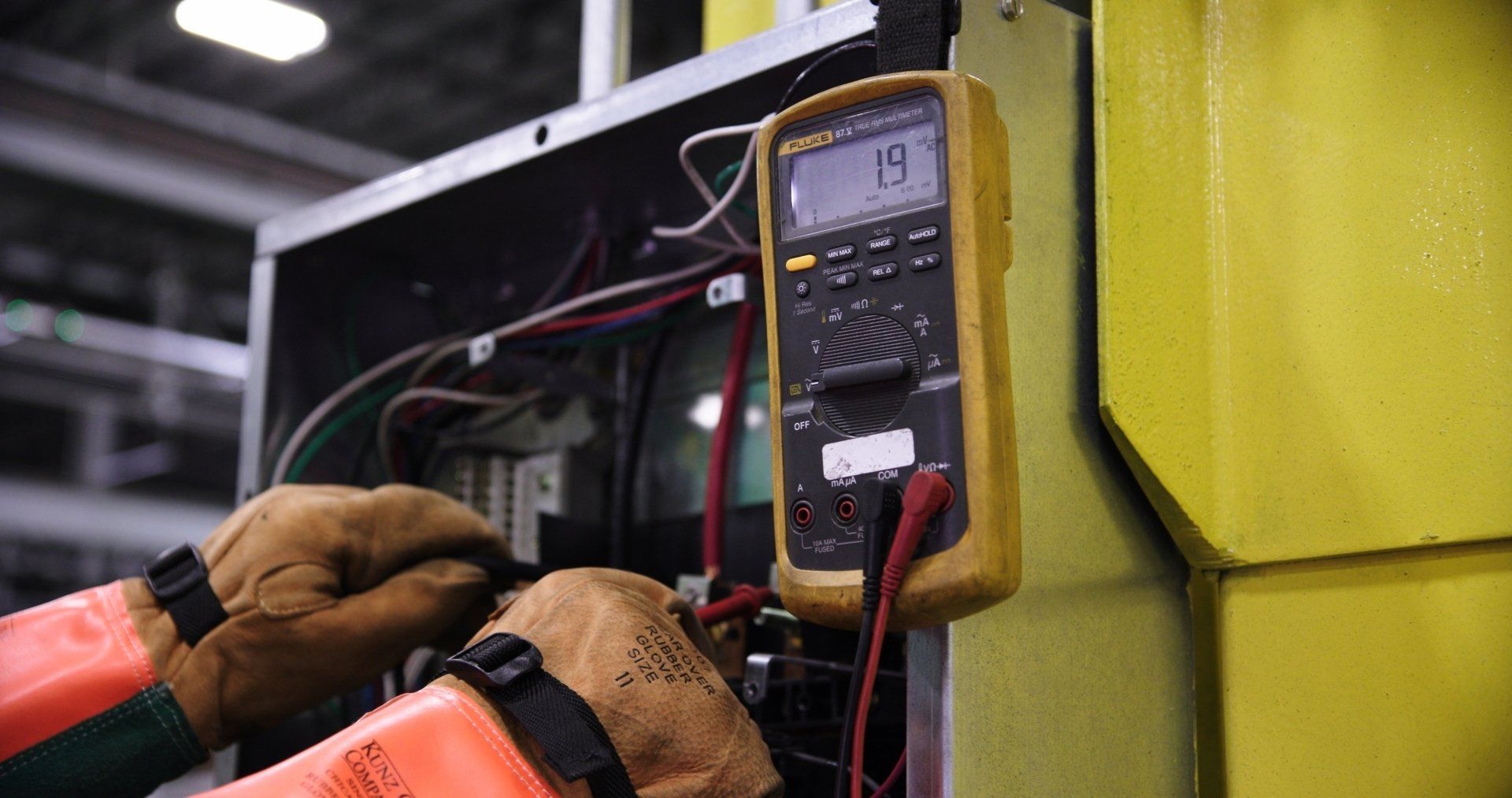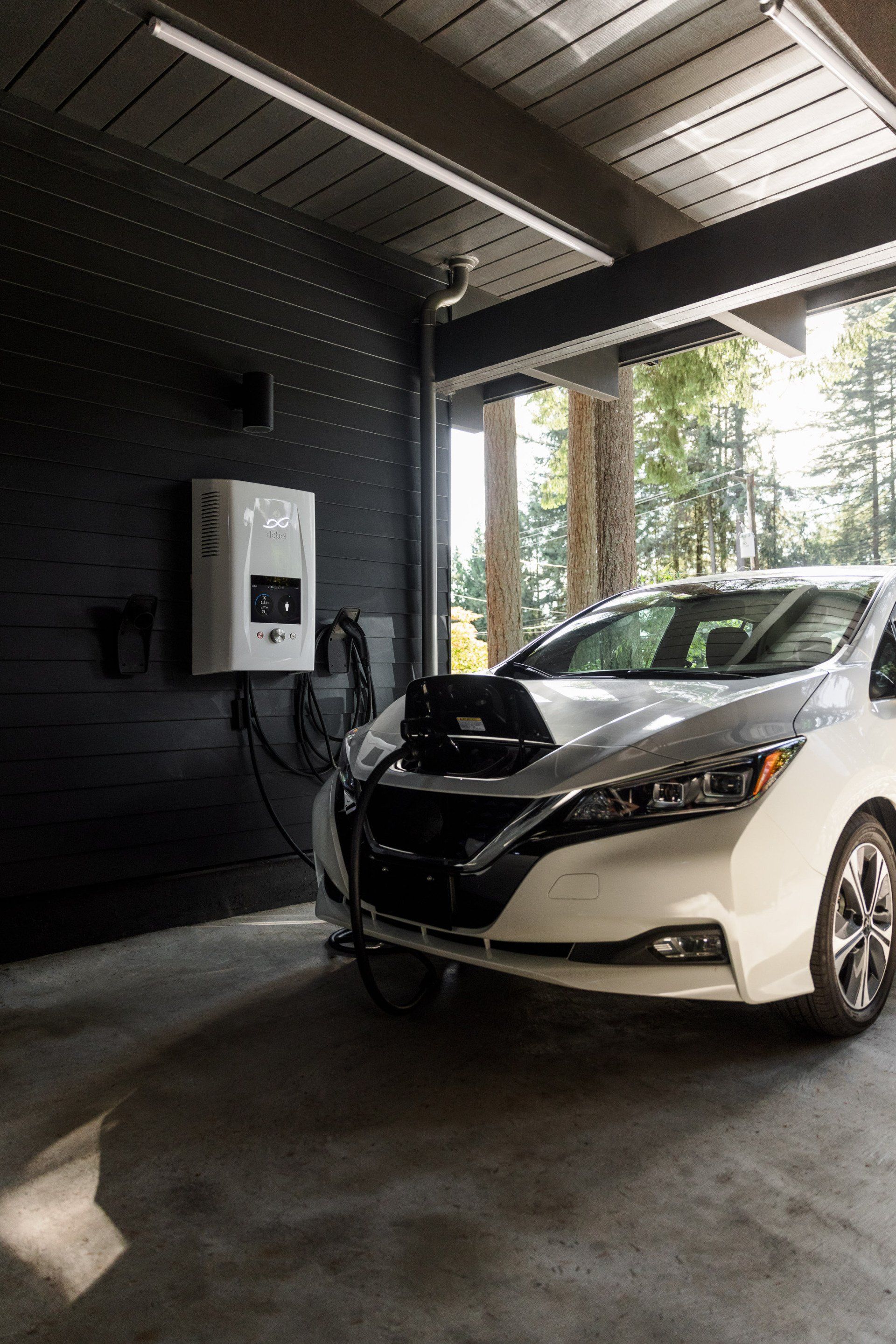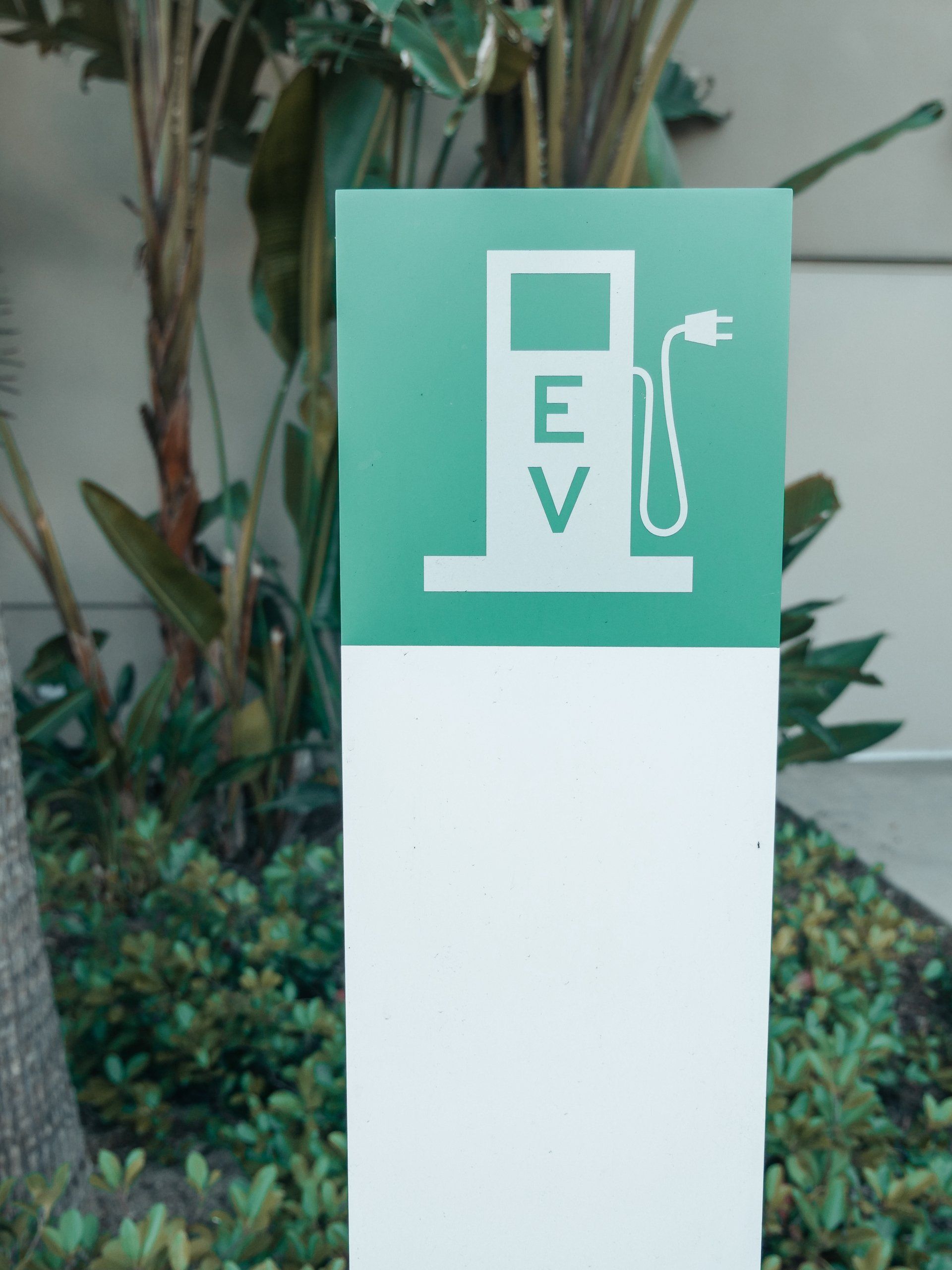Importance of Energy Resilience
Lets talk about a crucial aspect of modern living, which is energy resilience. With the increasing threats of natural disasters, power outages, and energy supply disruptions, having energy resilience is more than just an added bonus – it is a necessity. Energy resilience refers to the ability to maintain energy supply and access during times of emergency, and it has become increasingly important for homes to have a reliable energy source to rely on in times of need.
Here are some reasons why you should consider investing in energy resilience for your home:
1. Protection from unexpected power outages
Power outages can happen at any time, and they can cause chaos and inconvenience. Having an energy resilient system in place in your home means that you will have access to a reliable backup power source that will keep your lights on, your electronics charged, and your appliances working even when the grid fails. This can make all the difference in your daily life, and provide peace of mind that your home is taken care of.
2. Increased independence from the grid
During times of major events, such as hurricanes, tornadoes, earthquakes or floods, energy service disruptions are quite common. Having a source of alternative energy can make all the difference in being self-reliant during such times. By having energy resilience at home, you can take control of your energy supply and reduce your dependence on the grid. This is especially useful in remote or rural areas where grid outages can take longer to be repaired.
3. Long-term savings on recurrent energy bills
Energy resilience means you have a self-powering energy system in place. This means that you may be able to save money in the long run with lower electricity bills. This is because the system can generate and store its own energy - and thus, you don't have to rely on expensive traditional power sources that fluctuate in price. This kind of setup can pay for itself within a few years, and you will also have the added benefit of reducing your carbon footprint.
4. Adaptable and scalable solution
With advancements in technology, there are now many options available that make it easy to scale up or down your energy resilience solution depending on your household energy needs. This also means you can adapt it to fit the size of your budget, so you don't have to break the bank to enjoy the benefits of energy resilience. By working with certified energy resilience experts, you can plan the right backup power solution in tune with your needs.
In conclusion, energy resilience is an essential requirement for modern-day living that provides a secure backup during times of unexpected outages, reinforces sustainability efforts and provides long-term savings of energy costs. It's a small investment that carries big benefits for you, your family, and your home. So, if you really care for peace of mind, energy resilience is the right choice.
Share on:




